Blog
My 2nd Annual 'Not an End of Year Review'
.jpg)
I looked back at the end of year blog post I wrote last December. It was optimistic, bordering on delusional at times. But then, I had no idea what this year would bring.
-
A few months ago I decided to put aside my work on turning Fag Hags into an online course. The idea came to me early in the pandemic, and made sense at the time. But as 2022 dragged on, it just felt like a burden. My enthusiasm was gone. I still think it’s a good idea; just not right now.
-
I applied for a couple of opportunities that I did not get, but at least I tried. I also created a few opportunities that worked well.
Play Through the Suck: Writing Edition
Last week I participated in another one of Martie McNabb’s wonderful Show & Tales events. I highly recommend them, whether you decide to participate or just observe. It’s storytelling for everyone.
One of the participants told a story about seeing a guitarist perform. He was surprised to find out that, at 65, the man had only been playing for five years. How did he get so good in only five years, when playing well had been a lifelong struggle for the man telling the story? The guitarist explained that when you start you’re bad, but the more you practice, the better you get. And he described it with this advice:
Play through the suck.Those Were the Days, My Friend
.jpg)
I graduated from Nerinx Hall, a Catholic girls high school in Webster Groves, Missouri, run by the Sisters of Loretto, in 1970. That means my 50th reunion was in 2020. Except COVID-19 had other ideas. That first year, it seemed like a small sacrifice that was disappointing but not tragic. In an effort to support the seniors who had much better reasons to be disappointed - no prom or graduation ceremony - we wrote letters of encouragement to them. Heidi Keibler Stevens wrote about that project in the Chicago Tribune.
Last year, we were beginning to get vaccinated, but the school wasn’t hosting large gatherings, so we put off the reunion another year. At the beginning of this month, we finally met. And a song that came out when we were seniors kept popping into my head:
Those were the days, my friend,
We thought they’d never end.
We’d sing and dance forever and a day.
We’d live the life we choose,
We’d fight and never lose,
For we were young and sure to have our way.
Two Steps Forward, One Step Back (not a typo)

My last book - Fag Hags, Divas and Moms: The Legacy of Straight Women in the AIDS Community - took a lot longer to write than I expected. It wasn’t because I had writer’s block, or that my research was hard to compile. I had two major setbacks that I could not have predicted.
I started on the book in earnest in the fall of 2015. The first year of working on it was a whirlwind: interviewing women, doing deep dives into little-known corners of the HIV/AIDS community, revisiting those dark early days of the epidemic. I had so much help, from two small crowdfunding campaigns and incredible leads from friends and strangers alike. People were excited about the book and I hadn’t written a word.
What's the Best That Could Happen?

I was in New York City in February, on a bus headed down Broadway towards Columbus Circle. Up ahead, I could see a digital billboard on 59th Street; okay, a lot of them. But the words on one caught my eye:
What’s The Best That Could Happen?
I did a double-take, assuming I’d misread it. It must have read ‘Worst’ not ‘Best’.
I was wrong.
When we debate making an important decision, we often ask ourselves to imagine the worst-case scenario. But it got me wondering: do we ever ask ourselves to imagine the best-case scenario?
The Book That Keeps on Giving
.png)
While I work on my next book (Friend Grief and COVID: Pandemic Stories) I continue to spend a significant amount of time on my last book. Fag Hags, Divas and Moms: The Legacy of Straight Women in the AIDS Community will be three years old in March. I expected the initial excitement about it to fade by the end of the first year; that’s pretty normal. But it didn’t. If anything, it has given me the opportunity to expand my business in unexpected ways.
That first year was full of book signings, feature articles, and respectable sales. The success of the book turned me into an expert on the topic. The second year, though, is when it really took off.
This is Not A Year-End Review of 2021
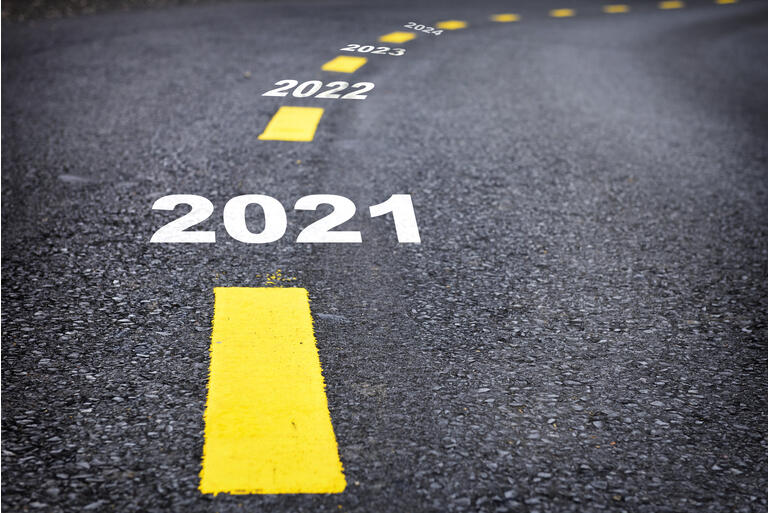
I’m kind of tired of those year-end review articles and blog posts.
I’ve always considered Labor Day the start of a new year. That’s when school starts, and in the performing arts, when the new season begins. Other than changing calendars and getting ready to do taxes, I guess living on a school year timeline still rules my life. That’s why I decided I wanted to take this opportunity to look forward to 2022, not back to 2021.
One skill I’ve improved the past two years is the willingness to pivot. I’m not perfect at this: there are still times I rage against changing plans. But flexibility is more important than ever, and that’s why I’ve made plans for 2022 (and beyond) that are fairly easy to adapt. What’s in the works, you ask?
Friend Grief and COVID: Pandemic Stories
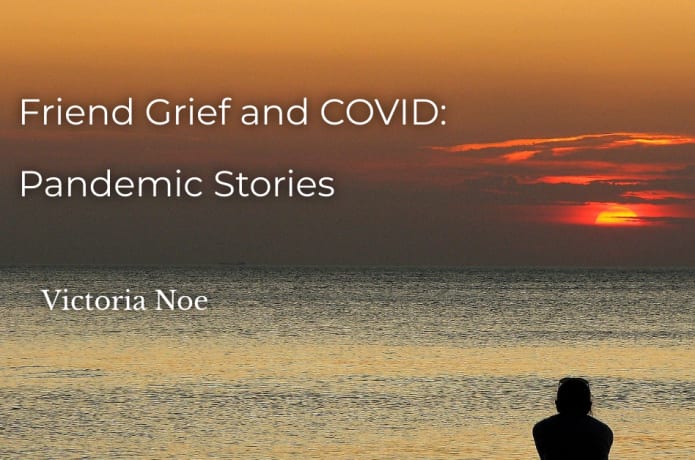
As I’ve posted before, I got the idea for this book a year ago. I’d decided to update and rework the six little books in the Friend Grief series into one book, which was my original plan ten years ago.
But I realized pretty quickly that those few stories would be insufficient. People faced new challenges, including the inability to grieve normally due to enforced isolation. They lost coworkers - and their jobs. They watched friends in high-risk demographics suffer the most. People who’d been in the HIV/AIDS community for decades, like me, were triggered by what was now their second pandemic - while the first one still raged.
Book Review - Never Silent by Peter Staley
.jpeg)
It’s hard to review a book written by a friend.
You want to be publicly supportive so that others will buy their book. You know the time and effort and challenges that led to words on the pages. You want to like it. Sometimes, that can be a challenge in itself. I’ve read books by friends that were badly written, badly edited. Should I keep my mouth shut and leave the criticism to strangers? Luckily, I did not have to consider that with Peter Staley’s long-anticipated memoir, Never Silent.Before You Write Your Story, Make Sure You're Not Alone
.jpeg)
Since at least 2013, when my first books were published, people have asked me how to go about writing their own book. They’ve asked about publishing, they’ve asked about writing groups, they’ve asked about how to get the courage to write. Many of them want to write a memoir based on their experiences in the early days of the AIDS epidemic.
For a long time, I would offer unabashed encouragement and suggestions for how to proceed. I let them know I would answer any questions they had along the way. Some of them took me up on that offer; not all of them followed my advice. That’s okay. The important thing was that they were telling their stories.
When the COVID pandemic began, I joined online writing groups of long-term survivors in the HIV/AIDS community. Some were already published authors; many had never been published. A few of them were considering going that route, but others were mainly interested in recording their feelings and experiences during what quickly became their second pandemic.
Friend Grief and COVID - Coming 2022
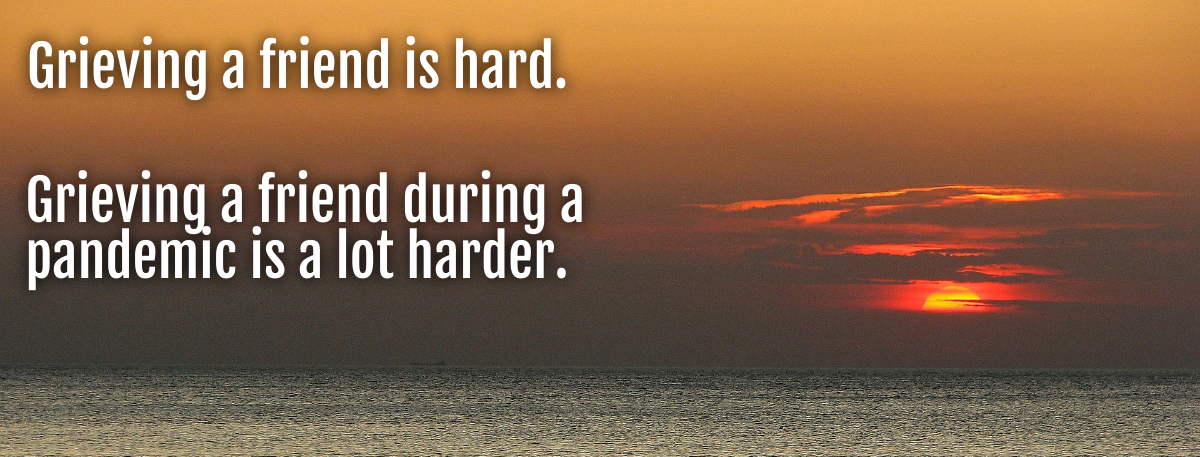
I published my first book - Friend Grief and Anger: When Your Friend Dies and No One Gives a Damn - in 2013. The first of six small books in that series, it fulfilled a promise I made to one of my dearest friends before she died: to write a book about people grieving their friends. Now I’m working on an ambitious, full-length collection of stories from people who have grieved a friend who died during (but not necessarily from) COVID.
Book Review: The Savvy Ally
.jpeg)
It’s June, and that means it’s Pride Month. Stores, government buildings, and websites are awash in Gilbert Baker’s rainbow flag. Parades and marches and other commemorations this year are a mix of virtual and in-person, as the world tries to get back to ‘normal’.
For those of us who are not part of the LGBTQ+ community, it’s hard sometimes to know how to support our family, friends and coworkers. At a time when violence against the community is much too common, waving a rainbow flag feels inadequate. Let’s face it: not everyone is a hardcore activist, willing to march in the streets and risk arrest. But you don’t have to be that kind of activist to be an ally. You just need a guidebook.
Grieving Friends During a Pandemic

When I first started working on the Friend Grief series, I Googled ‘grieving the death of a friend’. I went past the normal first page of responses, to check out the first hundred. Many of the responses dealt with how to support a friend who’s grieving; important, but not what I was looking for. In the end, there were less than ten that actually addressed the experience of grieving the death of a friend. There were more that addressed grieving the death of a pet.
My writing has always been a niche. People have written memoirs about the death of a friend, but other than a textbook, my books were pretty unusual.
Last fall, when I was deciding whether to rework that series, I took a hard look at what was going on around me. Early in the pandemic, people had urged me to add a book to the series, one about losing friends to COVID. I resisted: as far as I was concerned, the series was finished. And frankly, early on, the stories I heard were just too similar to warrant a book.
By September, that changed.
Warning: Grief Anniversary Ahead

This time it wasn’t Facebook Memories that reminded me. It was my friend, Ken.
A year ago, the world was experiencing a devastating and profound change. Our way of life was about to be altered in ways no one could have predicted. A year ago today, I arrived in New York City for the beginning of a four-week East Coast trip. I had book signings scheduled in several cities. I had an advocacy conference to attend in Washington. I had lunch and dinner dates set with friends, along with book-related meetings to discuss future events.
When I left Chicago, I told my husband I wasn’t sure when I would be back. It depended on how serious all of this turned out to be. My trip lasted only six days. And though I ate indoors in NYC several times, when I got back I refused to eat inside a restaurant. In fact, I’ve only done that once in the past year. The anxiety I felt in that almost deserted restaurant wasn’t worth it.
When It Comes to Writing, Everything Old is New Again

I mentioned in a previous blog post that I was returning to the Friend Grief series. That doesn’t mean I’ve abandoned my Fag Hags book. I have new, exciting plans related to that, so now would be a good time to sign up for my newsletter. In the meantime, I can tell you why and how I’m going back to the stories of people grieving their friends.
I finished the Friend Grief books in 2016, almost a year after I had started working on my next book. In doing so, I kept the promise I made to my friend Delle Chatman in 2006, to write a book about people grieving their friends. Despite the fact that I’d never written a book before, she was enthusiastic and supportive. Six months later she was dead.
Book Review: All The Young Men
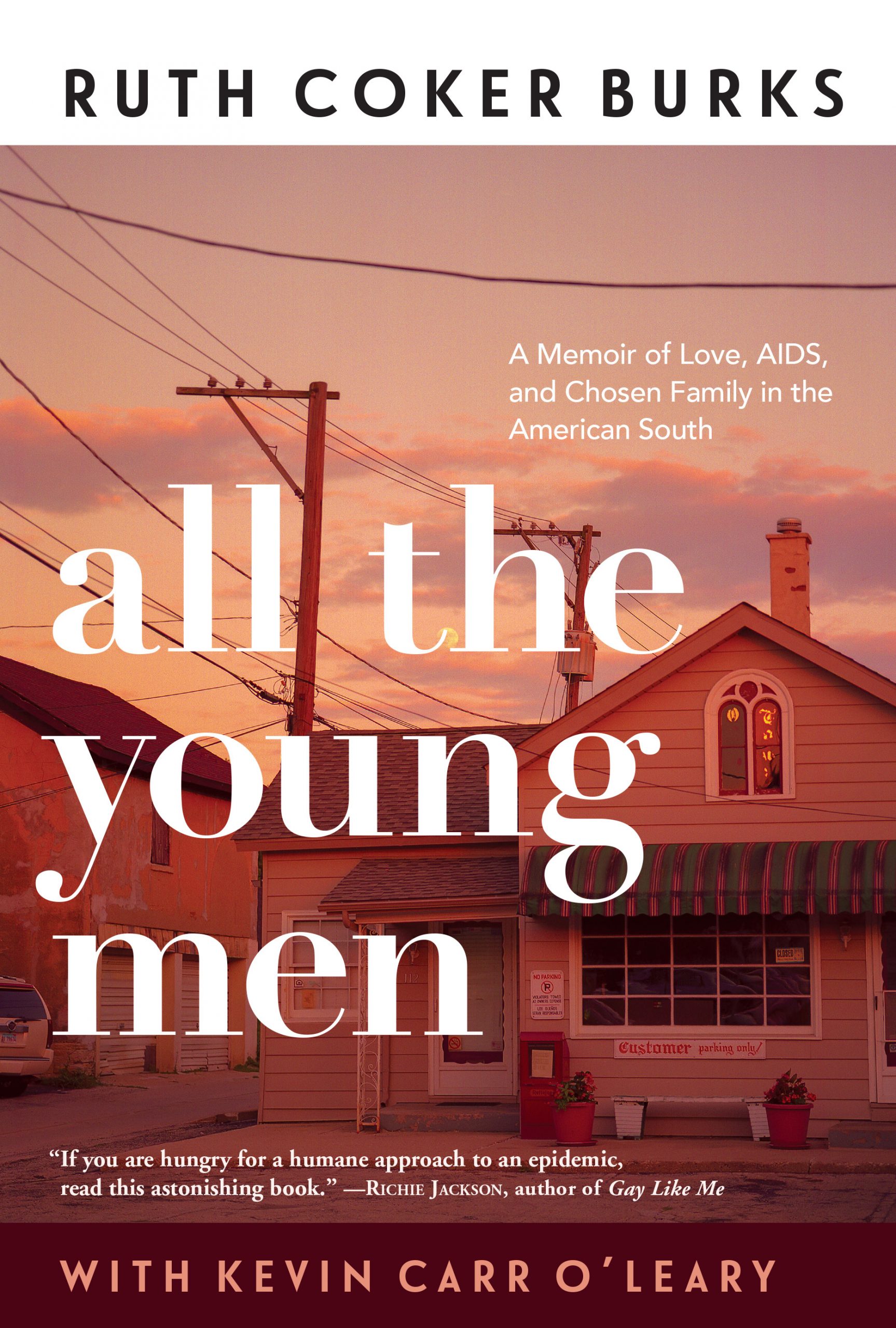
What began as a simple question to a dying stranger - “What do you need, honey?” - changed the life of Ruth Coker Burks and the hundreds of people in Arkansas she helped during the darkest days of the AIDS epidemic. Little did she imagine that in a short amount of time, she would not only be caring for the dying, but burying their ashes in chipped cookie jars in her family plots in Files Cemetery. And more. Much more.
I Just Had to Let It Go
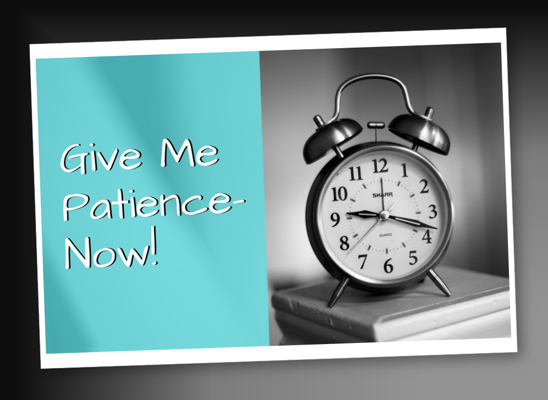
I really love to watch them roll
No longer riding on the merry-go-round
I just had to let it go
“Watching the Wheels” - John Lennon and Yoko Ono
For some reason, this lyric popped into my head. Actually, the reason is not a mystery.
On Dec. 6, I suffered a mild concussion, my second. I have the benefit of prior experience, and this time I have terrific doctors who took my injury seriously. Some of the after-effects have been minimal. A couple have been...not minimal.
All the great plans I was working on for this year came to a necessary halt.
Making Plans for 2021: A Leap of Faith
.png)
The bottom line was that I wanted to diversify my writing and writing business. I didn't want to be overly dependent on any one activity, whether it was public events or book sales. And that meant I had to learn new skills and upgrade the ones I already had.
The Pandemic Had a Soundtrack
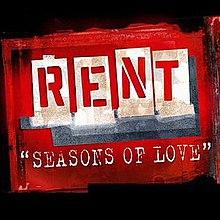
The audio version of my book - Fag Hags, Divas and Moms: The Legacy of Straight Women in the AIDS Community - came out in October. I've heard nothing but praise for the narrator, Donna Allen, which makes me very happy. While I was working on the marketing plan, music kept popping into my head. That's not unusual. A lot of people listen to music while they work. These were more like earworms: songs that played endlessly in my head whether I liked it or not.
The music sparked an idea, which apparently former President Barack Obama has stolen for his own book (I'm kidding, really I am). I decided to create a playlist of songs that evoke the first 15 years of the AIDS epidemic, from 1981-1996, the years without effective treatment or hope. Unfortunately, most of the songs I remembered were just, well, depressing. Creating that kind of list no longer seemed like a good idea.
So I turned to the women who inspire me, women whose stories I shared in my book. What songs instantly remind them of that time: of people, places or events? It didn't take long for a response.
How I Found the Perfect Audiobook Narrator
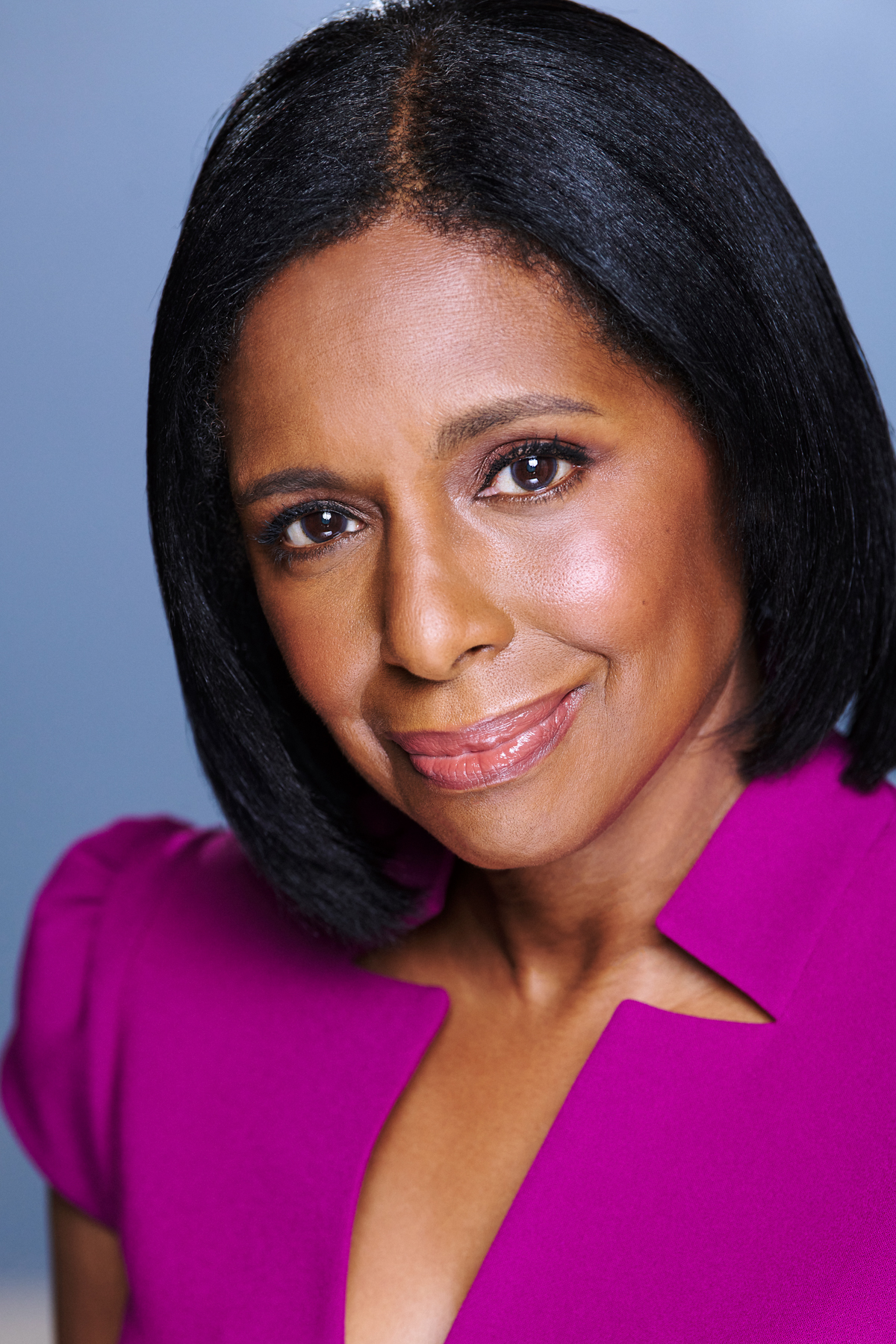
The story of Fag Hags, Divas and Moms: The Legacy of Straight Women in the AIDS Community has been the story of unexpected and meaningful connections. So I guess I shouldn’t have been surprised when my narrator became one of those. When I signed on with Findaway Voices to produce my audiobook, I had to submit a list of requirements for the narrator. That required me to think about tone, inflections, and mood.

